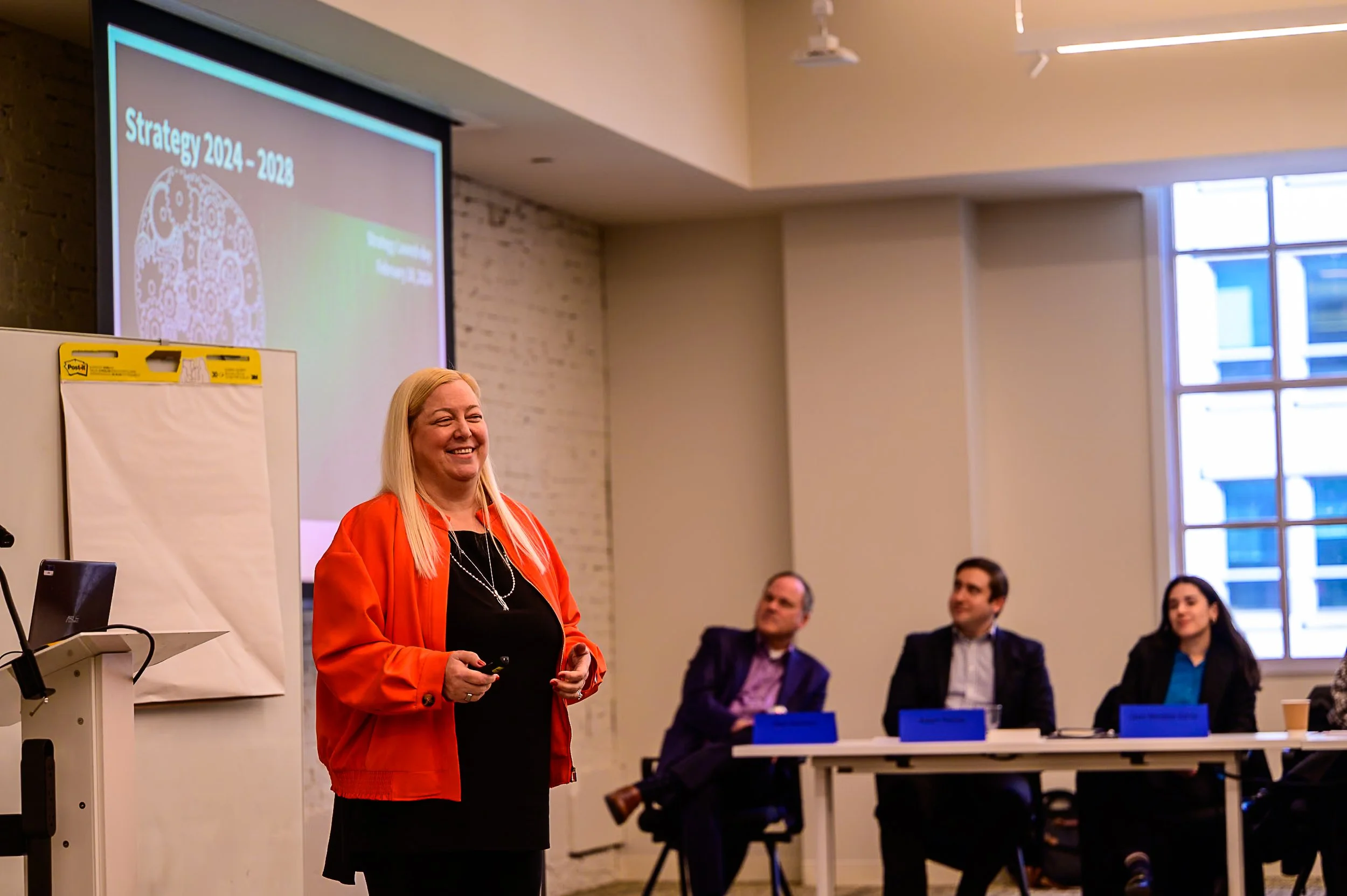
Human Trafficking – A Crime Like No Other
Human Trafficking is an insidious practice – one that is very hard to crack down on. The complexities of human trafficking make it especially hard to stop. Though organized crime, drug trafficking, or other global illicit networks come in infinite iterations, human trafficking is even more nuanced due to its commodity – human beings. All humans – from your daughter or son, to your neighbor, to your teacher, are vulnerable to the pernicious cycle of human trafficking, and an understanding of this is both vital to solving the problem, while also making it extremely difficult to investigate, prosecute, and ultimately mitigate.
Human trafficking involves the use of force, fraud, or coercion to obtain some type of labor or commercial sex act. It takes place in many forms. Desperate people might go into debt on terms dictated by their employer. They might be sold by their parents and have no money to get back home. Or they might be tricked into prostitution and find themselves living in the shadows. It can happen in any community and victims can be any age, race, gender, or nationality. Traffickers might use violence, manipulation, or false promises of well-paying jobs or romantic relationships to lure victims into trafficking situations.
Human trafficking is not just a dominant issue in the United States, it is an epidemic issue globally. Nearly 11,000 cases were reported to the National Human Trafficking Hotline in 2018, an almost 20% increase from 2017. Human trafficking hiding in plain sight, is everywhere, and exploits a pipeline of vulnerability. Some of the biggest contributing factors are poverty, homelessness, abuse at home, the foster system, and glamorization of the sex industry. At risk people are groomed by society, by peers, thus entering a cycle of victimization that has physical and mental ramifications.
The growing number of cases in the US coincided with the growing efforts made across the Government – federally, state, and locally – and the non-profit and private industry to mitigate human trafficking and help victims rehabilitate and achieve justice. Since the passage of the Trafficking of Victims Protection Act (TVPA), the focus has been on the rescue, rehabilitation, and restoration of victims, and in the last ten years, thousands of anti-trafficking organizations have formed to build shelters and provide services to victims of sex trafficking across the United States. Hundreds more focus on education and raising awareness about human trafficking. While these efforts are important, they are limited in their ability to curb the crime at scale.
Human Trafficking is difficult to identify. Even victims have trouble seeing or understanding they are a victim. On one side, as a society, there is a prejudice toward victims, especially immigrants who find themselves already vulnerable and unfortunately unwilling to speak to law enforcement and government actors looking to help. On the other side, victims may not even recognize the cycle that they are in. They fear for their safety if providing information on their perpetrator. And once out, they are isolated while they have essential needs and have fewer resources and services at their disposal than victims of other crimes.
Services for trafficking victims exist, but are scarce, and often with inadequate resources, funding, and staffing. Standard Government services may not provide the level of privacy or standard of care that are required to house human trafficking victims who have children, for example. Reinforced by sex work laws or sometimes undocumented status, victims have a limited understanding of the U.S. legal system and their legal rights. Because human trafficking often overlaps with other criminal activity, victims may instead appear as criminals themselves to an uninformed jury or even an uninformed judge.
If people can buy and sexually exploit vulnerable communities, there will continue to be a market. It is critical to eradicate these new forms of slavery, as human beings used in this way are often physically, mentally, emotionally, and spiritually devastated. It’s time for #action at a national level to eradicate this crime in the U.S.





















